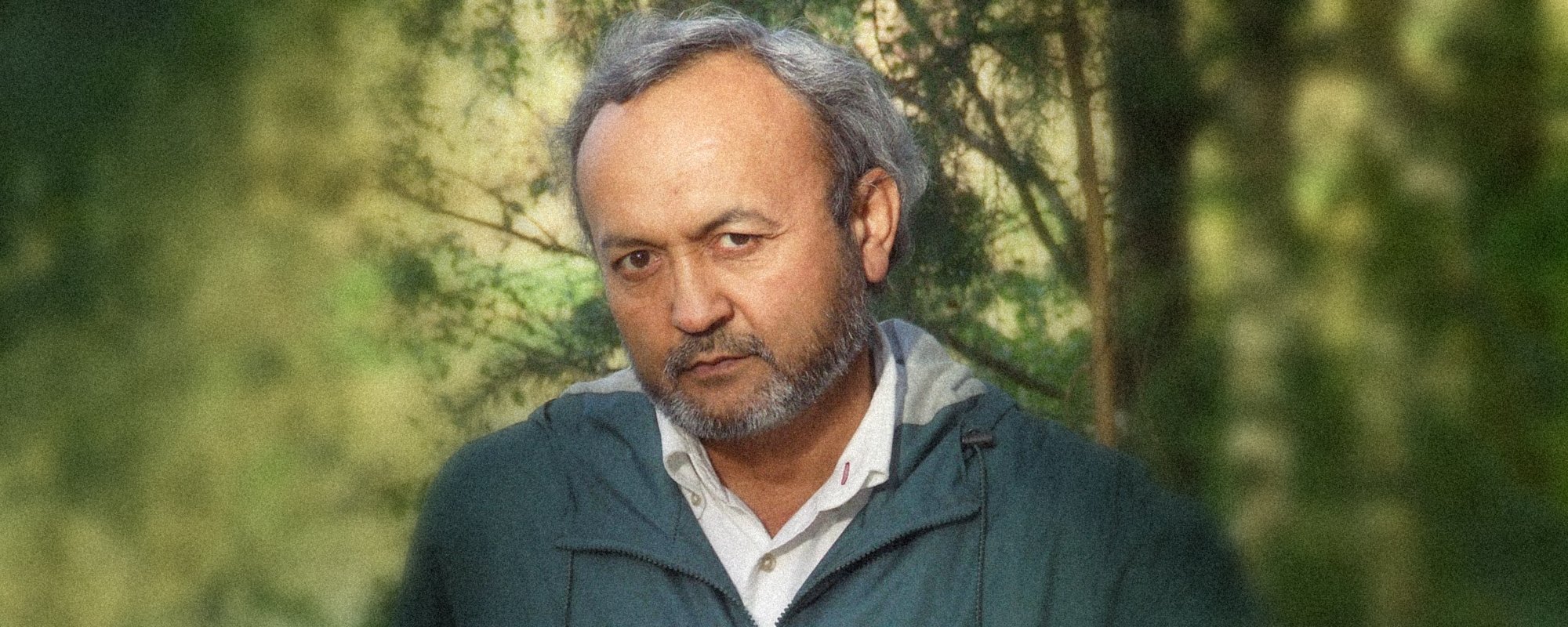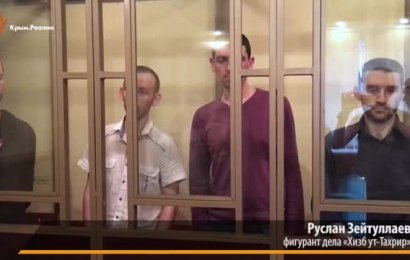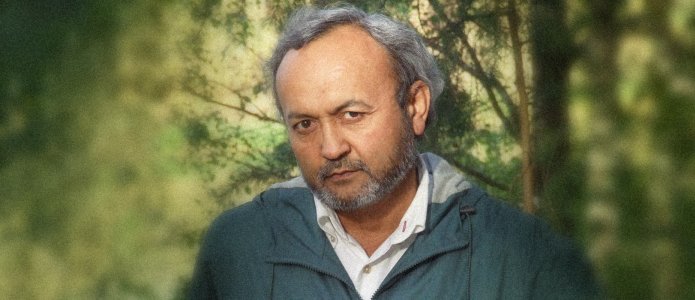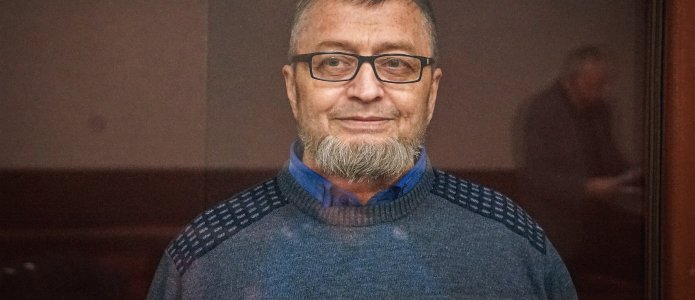At the end of May, Bakhrom Khamroev, a member of the now-liquidated Memorial Human Rights Centre, has been sentenced to 14 years in prison for justifying and participating in «terrorist activities» of the Islamic Hizb ut-Tahrir movement. He was initially charged because of posts supporting the movement on Facebook. The court deemed his support for persecuted Muslims’ rights in Russia to be «participation in terrorist activities.»
On the morning of February 24th, 2022, law enforcement officers searched Khamroev’s home. Khamroev was forced to the ground, while his wife, Zuhra, and a disabled relative were removed from the apartment and placed in a police vehicle. Law enforcement confiscated phones and computers. After the search, Khamroev was detained and sent to a pre-trial detention centre.
As part of the same case, searches were also conducted at Memorial’s and the Civil Assistance Committee’s (another human rights organisation assisting migrants) offices in Moscow, as well as at Khamroev’s relatives' homes in Tatarstan.
Bakhrom Khamroev, born in Soviet Uzbekistan, has been living in Moscow since the early 90s. He was involved in the activities of Birlik, a right-wing Uzbek democratic political party, and has been advocating for the rights of Central Asian migrants in Russia. Additionally, he tracked human rights violations in Uzbekistan.
This is not Khamroev’s first arrest. In the early 2000s, he was convicted of illegal drug trafficking, but he claims the drugs were planted on him. In the second half of the 2010s, his home was searched twice, and he was fined 200,000 rubles for the «fictitious registration» of two Central Asian migrants under Article 322.3 of the Criminal Code.
In 2021, law enforcement officers demanded that Khamroev’s first wife, Margarita Suslyakova, declare their marriage in the 1990s a sham in order to strip the human rights defender of his Russian citizenship. Initially, she complied, but later hired a lawyer and recorded a video in which law enforcement officers threatened her. Khamroev’s citizenship revocation case was still ongoing at the time of his latest arrest.
In the 2010s, Khamroev worked at the Memorial Human Rights Centre. However, according to Sergey Davidis, a member of Memorial’s council, Khamroev had not been a paid employee of Memorial for many years as the program monitoring the persecution of Muslims had been finished long ago. Nevertheless, he participated in the organisation’s annual general meetings.
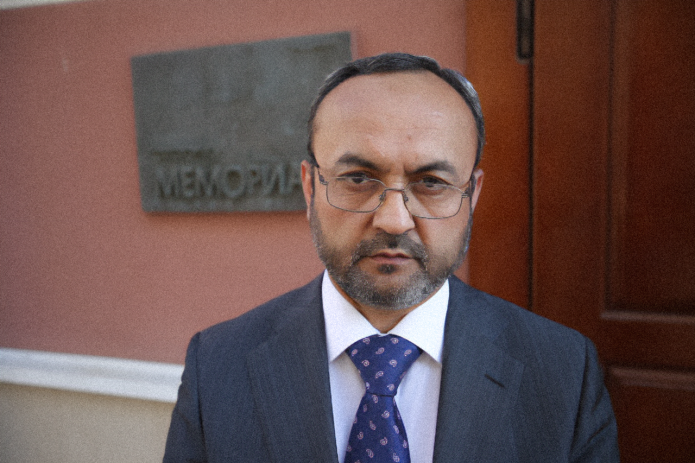
“Bakhrom was associated with the Memorial Human Rights Centre (MHRC), and his case overlapped with the liquidation of it. We believe in the context of MHRC’s liquidation [security forces’] attempt [to connect human rights defenders to] Islamic terrorism could be one of the factors in his persecution,” said Davidis.
At the time of the arrest, Khamroev was the head of a foundation, Yerdam, for the legal and social support of migrants. The foundation protects the labour and social rights of Central Asian migrants as well as helps political emigrants from the region.
An appeal to the the European Court of Human Rights (ECHR) considered terrorist activity
Upon arrest, Khamroev was charged with “justification of terrorism” under Part 2 Article 205.2 of the Criminal Code of Russia for six Facebook posts. In October 2022, authorities added “organising activities of a terrorist organisation” to his case (Part 1 Article 205.5 of the Criminal Code of Russia).
The court concluded that Khamroev acted in the interests of Hizb ut-Tahrir. Khamroev considers prosecuting the movement’s members as terrorists unjustified since the organisation does not engage in violence. The Federal Security Service (FSB) made their designation based on Bachelor of Psychology Dania Mikheev’s “expertise.” However, even officials of the Ministry of Justice acknowledged Mikheev’s incompetence.
Purported evidence included a speech at a legal Muslim conference at the Izmailovo Hotel in Moscow in 2011, a report on the political persecution of Hizb ut-Tahrir in Russia and communication with German and Swedish officials regarding accepting political refugees from Central Asia and the preparation of an appeal to the ECHR. Russian authorities considered all this terrorist activity.
The prosecutor requested Khamroev be sentenced to 21 years in prison, but the court gave him 14 years reclassifying his charge from organising to participating in the activities of a terrorist organisation (Part 2 Article 205.5 of the Criminal Code of Russia).
“Bakhrom did not receive a long sentence for the charges filed. Bakhrom's sentence is outrageous because he did not commit any crimes. If he had been accused of organising the activities of a terrorist organisation, his sentence would have been even longer."
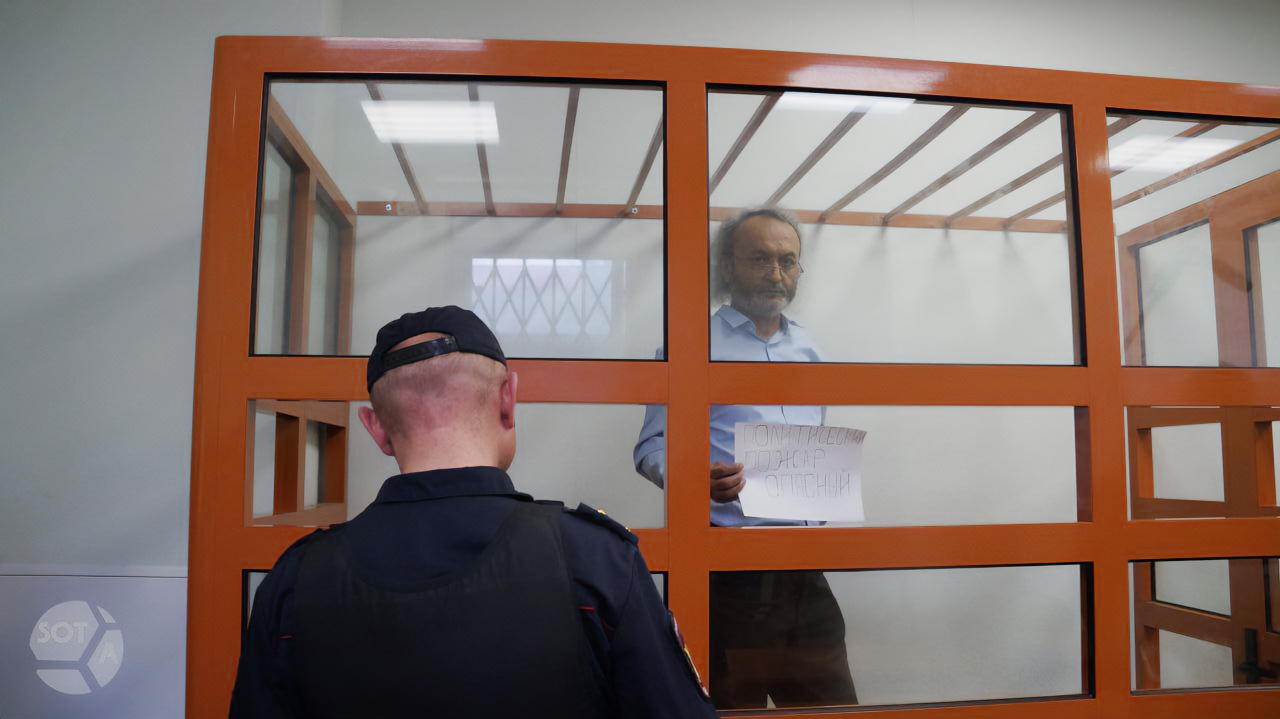
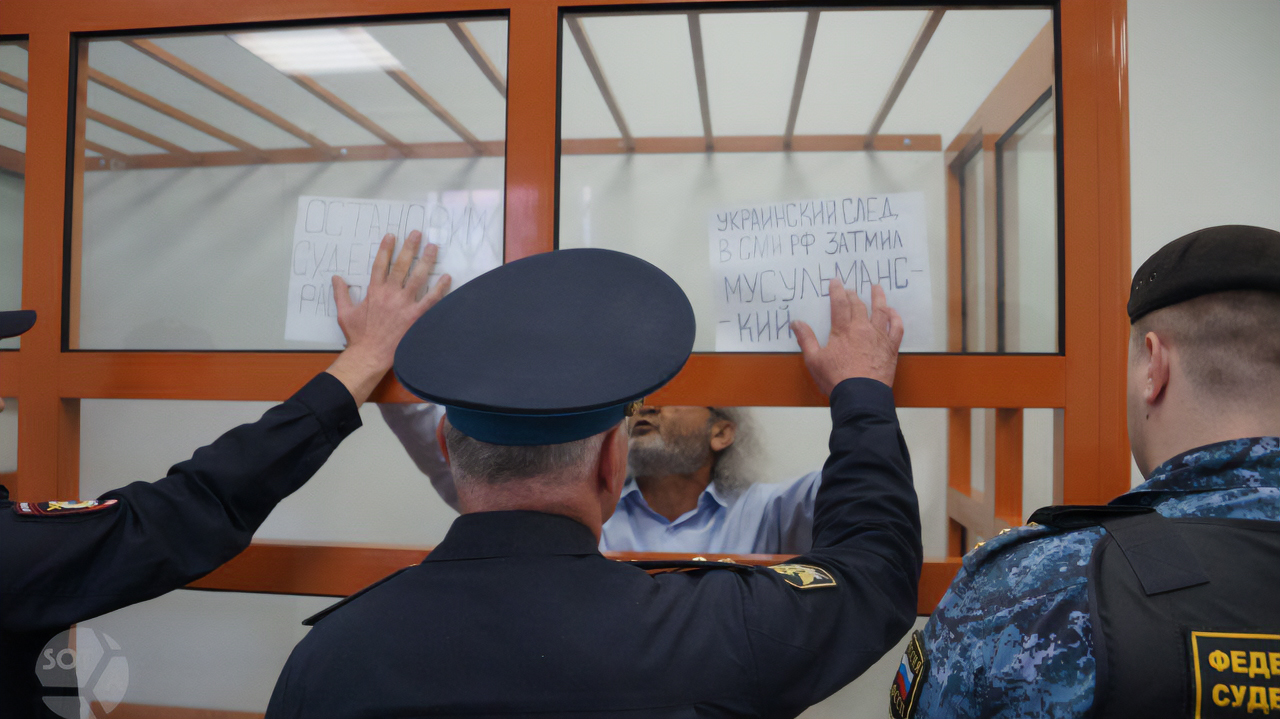
The court reclassified [Khamroev’s] case as participating in the activities of a terrorist group, for which it is unlawful to go below the minimum sentence of 10 years. In addition, there are the ‘justification of the terrorist activities’ charges," said Davidis.
According to Timofey Shirokov, Khamroev's lawyer, the case against his client was based on the testimony of several unidentified witnesses. They spoke in court from another room, and you could hear someone helping them answer questions.
The testimony of another of Khamroev’s ex-wives, Asma Ismailova, also played a role. Khamroev has a conflict of interests with her over the right to a flat. His ex-wife's testimony suggested he incited others to join Hizb ut-Tahrir. People who Khamroev helped claimed in court that he had nothing to do with the activities of the organisation.
According to Khamroev’s lawyer Shirokov, Khamroev had a few copies of Hizb ut-Tahrir literature; he never hid them. The human rights activist said he kept these books because he was committed to protecting the rights of migrants and should be familiar with the ideas popular among them. In the late 2010s, these publications were confiscated during searches, but they were returned later.
The complaint to the ECHR and the human rights report were not included in the judgement against Khamroev. After mitigating some of the charges, the court excluded these events as they were in no way connected to Hizb ut-Tahrir.
Bakhrom came to almost every court proceeding with posters protesting the war in Ukraine and the persecution of dissidents.
"I used to dream that my beloved Uzbekistan would overthrow the dictator Karimov and at least gain the freedom it had in the late 1990s and early 2000s. Today, Russia has sadly outdone Karimov's dictatorship and resembles 1937 or worse with its repressions. I am sure this monstrous lawlessness that prevails in Russia will not last long and all innocent political prisoners will be released and rehabilitated,” Khamroyev said at one of the meetings in the Second Western District Military Court.
Aleksandr Litoy



